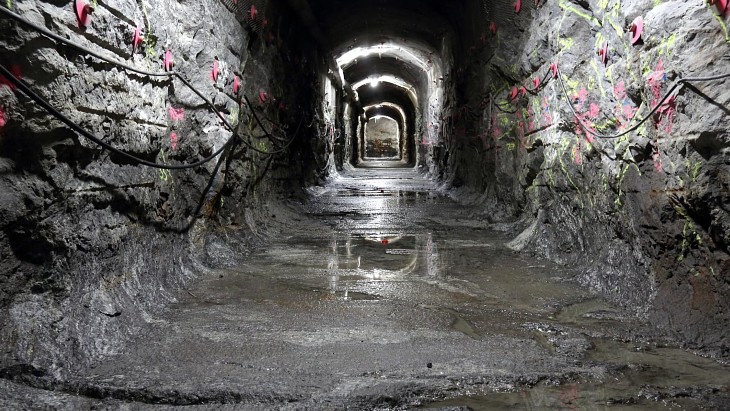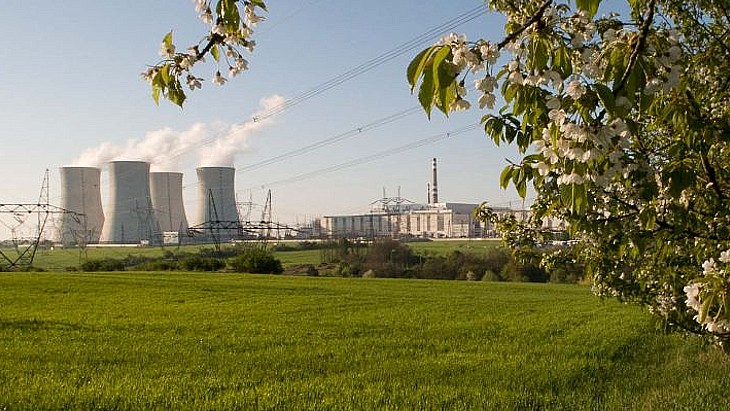China wants to use nuclear power vigorously to fight climate change - with financial support from wealthier nations, according to a speech delivered to the UN yesterday. Non-proliferaiton and disarmament are also under discussion this week.
President Hu Jintao told the UN Summit on Climate Change in New York that his country would cut the carbon intensity of its growing economy "by a notable margin by 2020" as compared to 2005.
He provided no targets, but said it would be done by improving energy conservation and efficiency, "vigorously" developing nuclear and renewables and by creating new forests as carbon sinks.
No other leaders have yet mentioned nuclear power at the summit, called by UN secretary general Ban Ki-Moon ahead of pivotal climate change talks this December in Copenhagen. However, the technology is certain to be a topic in Copenhagen as representatives argue over whether it should remain excluded from initiatives such as a the Clean Development Mechanism through which developed countries can financially support carbon-cutting development overseas.
Hu said "ensuring financing and technology holds the key to success" and that developed nations should "take up their responsibility to provide new, additional, adequate and predictable financial support to developing countries." UK prime minister Gordon Brown has suggested this could take the form of a program worth $100 billion per year by 2020 - funded by wealthier countries and the private sector.
Hu continued: "Environment-friendly technologies should better serve the common interests of humanity. In order to enable the developing countries to have access to climate-friendly technologies, it is necessary to set up a sound interactive mechanism with governments playing a leading role, business taking part and market principles in play."
Even without external support China has plans for around 120 large reactors by 2030, which together with renewables would make a low-carbon contribution of 15% to China's electricity supply, according to Hu.
Clearing the way
Nuclear issues are at the heart of another global challenge under discussion in New York this week - that of the Iranian problem and nuclear disarmament. A special meeting of the Security Council, to be chaired by US President Barack Obama will discuss the issues tomorrow.
Iran has made an offer to the international community to enter into talks, where "a wide range of security, political, economic and cultural issues at regional and global levels could be included."
Leaders have a long list of things to achieve for nuclear energy to play its full role in future power supplies, which is advocated by virtually all leading nations. They need to end the suspicion over Iran's original intentions for its nuclear program and build confidence in order for new nations to employ nuclear energy in the near future. This will require more progress towards disarmament among the five states recognised as holding nuclear weapons in the lead-up to a fruitful Nuclear non-Proliferation Treaty review conference next year.
While the US and Russian presidents have promised to enter talks to reduce their nuclear arsenals, the UK has unveiled a 'Road to Zero' initiative and is expected to offer a reduction in its own nuclear forces.






_53514_33880.jpg)






